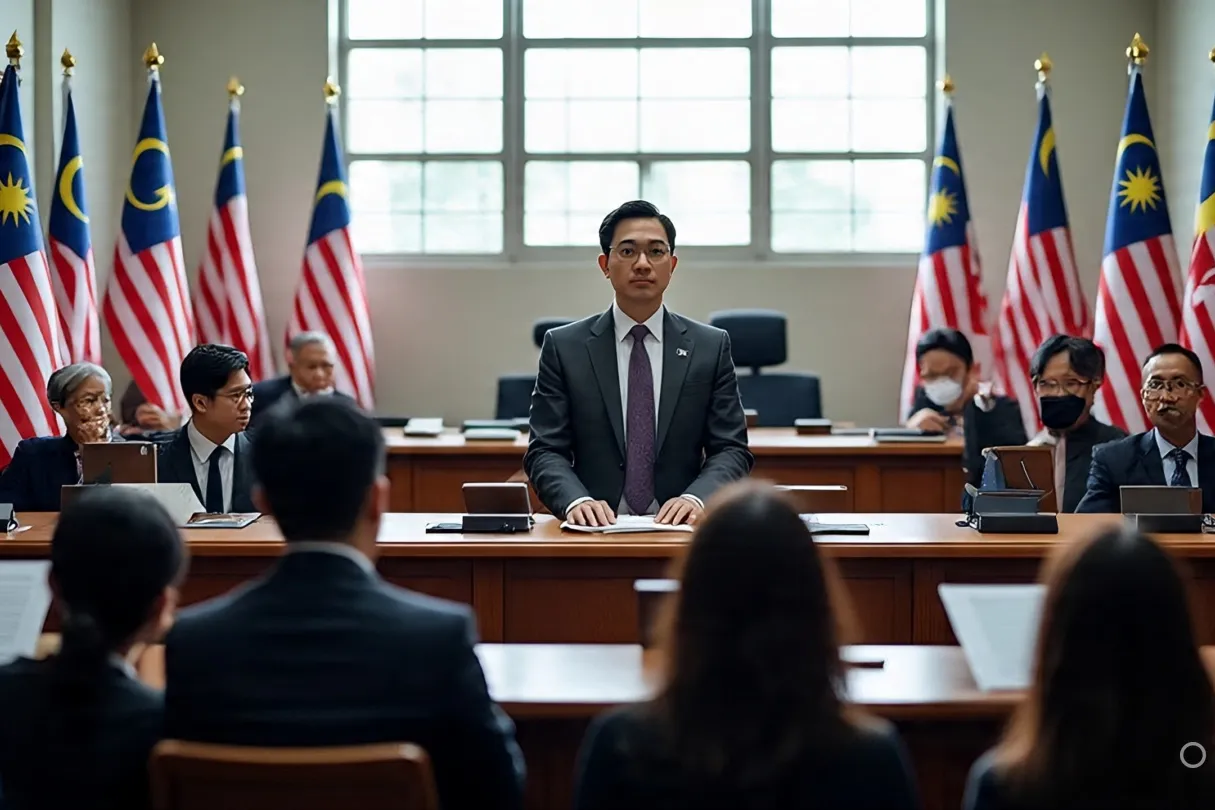When Toni Fowler sat down with Boy Abunda in April 2025 for an episode of Fast Talk, she dropped a line that would echo across social media for weeks:
- 🔍 The Making of a Controversy-Driven Persona
- 📅 Timeline of Key Flashpoints
- 📊 The Economics of Outrage
- 🎤 Scandal by Design or Unfiltered Authenticity?
- 📈 Audience Reaction: Love, Hate, and Loyalty
- 📊 Media Coverage and the Echo Chamber Effect
- 💼 Business Risks and Rewards
- 🌐 A Global Pattern: Outrage as a Digital Currency
- 🤔 Accountability in the Age of Clicks
- 🌟 Final Take: Pragmatic or Problematic?
- 📄 FAQs
“When there’s controversy, views go up. And when views go up, so does my income.”
It was an unusually candid admission from one of the Philippines’ most talked-about vloggers — and it confirmed what many had suspected: controversy isn’t just a side effect of Toni Fowler’s career. It’s a deliberate content strategy.
For years, Fowler has been a lightning rod in the Filipino entertainment scene, navigating a landscape where attention often trumps approval. This investigative feature takes a closer look at her most polarizing moments, the reactions they sparked, and the business realities that make scandal such an effective — if risky — growth engine.
🔍 The Making of a Controversy-Driven Persona
Toni Fowler didn’t start out as a controversy merchant. Her early YouTube uploads were mostly lifestyle vlogs and family-oriented content. But as competition on the platform intensified, Fowler began leaning into edgier themes and unfiltered honesty.
The pivot paid off — both in subscriber growth and in visibility. But with each step deeper into provocation, Fowler blurred the lines between authenticity and calculated sensationalism.
📅 Timeline of Key Flashpoints
| Year/Date | Event | Public Reaction | Impact on Career |
|---|---|---|---|
| 2019 | Jon Gutierrez – Jelai Andres Fallout: Fowler was accused of being the “third party” in the breakup of rapper Jon Gutierrez and vlogger Jelai Andres. | Massive online backlash, hate comments, viral hashtags | Substantial spike in views and subscribers despite negative press |
| 2022 | Lie Detector Video with Bea Borres: A YouTube video featuring controversial questions about loyalty and relationships. | Mixed — some saw it as comedic, others as distasteful | Kept Fowler in trending topics; boosted watch time |
| Feb 2023 | “M.P.L.” Music Video: A sexually explicit release that sparked outrage from conservative groups. | Viral criticism, debates about morality and freedom of expression | Millions of views within days; increased streaming revenue |
| Apr 2025 | Fast Talk with Boy Abunda Confession | Divided — some praised honesty, others saw it as proof of manipulation | Renewed media coverage; reignited debates on influencer ethics |
📊 The Economics of Outrage
At the heart of Fowler’s strategy is a cold reality of digital media: controversy drives clicks, and clicks drive cash.
Platforms like YouTube reward engagement — whether positive or negative. In an algorithmic system, a heated comment section is just as valuable as praise. Fowler’s understanding of this dynamic appears almost surgical.
How Controversy Translates into Revenue:
| Revenue Source | Effect of Scandal |
| AdSense | Higher view counts increase ad impressions |
| Brand Deals | Polarizing — some brands pull out, others see value in the visibility |
| Merch Sales | Often spike due to increased traffic to channels |
| Music Streams | Controversial releases get replayed for curiosity and debate |
🎤 Scandal by Design or Unfiltered Authenticity?
The big question: is Toni Fowler simply being herself, or is she playing the long game of digital sensationalism?
Her Fast Talk interview suggests a high degree of self-awareness. She understands the correlation between controversy and income. The question of exploitation versus expression becomes even more complicated when public outrage is part of the business model.
Media analyst Carina Uy notes:
“Toni’s brand thrives in a space where the personal is public and the public is monetized. She isn’t the first influencer to turn scandal into currency — but she’s one of the most unapologetic about it.”
📈 Audience Reaction: Love, Hate, and Loyalty
Fowler’s audience is split:
- Loyalists defend her as authentic and brave, appreciating her unfiltered style.
- Critics see her as emblematic of a moral decline in influencer culture.
- Casual Viewers may not subscribe, but tune in whenever a new controversy breaks.
This polarization can actually strengthen engagement. The more people talk — whether in defense or condemnation — the more visibility Fowler gains.
📊 Media Coverage and the Echo Chamber Effect
Mainstream outlets often cover Fowler’s controversies, which amplifies the original incident. Coverage in tabloid and entertainment segments ensures that even those who don’t follow her online still hear about her.
This creates an echo chamber: outrage online → media coverage → more clicks → more revenue.
💼 Business Risks and Rewards
Rewards:
- Sustained relevance in a crowded influencer market
- Spikes in revenue following controversies
- Diversified income streams (music, merchandise, appearances)
Risks:
- Alienation of potential brand partners
- Burnout from maintaining constant controversy
- Potential for public backlash to spiral into long-term reputational damage
🌐 A Global Pattern: Outrage as a Digital Currency
Fowler’s playbook isn’t unique to the Philippines. Influencers worldwide — from American YouTubers to UK reality stars — have used controversy as a growth hack.
However, the cultural context matters. In the Philippines, where family values and conservative norms still hold sway, Fowler’s tactics strike a sharper chord. The balance between freedom of expression and perceived moral responsibility is more hotly debated.
🤔 Accountability in the Age of Clicks
The Toni Fowler case raises an uncomfortable question: Where should influencer accountability lie?
- With the influencer, for knowingly stoking outrage?
- With the platforms, for rewarding engagement regardless of sentiment?
- With the audience, for feeding the algorithm with clicks and comments?
Social psychologist Dr. Miguel Tan observes:
“Digital culture rewards emotional reaction over measured thought. Until that changes, outrage will remain one of the most potent tools for attention.”
🌟 Final Take: Pragmatic or Problematic?
Toni Fowler’s candor about her strategy makes her a fascinating — and divisive — figure. On one hand, she’s pragmatic, openly acknowledging how the game is played and winning it on her terms. On the other, she represents a shift towards content ecosystems where controversy isn’t an accident, but an asset.
Whether this is sustainable — for her or for influencer culture at large — remains to be seen.
📄 FAQs
Q: Did Toni Fowler admit to creating controversies on purpose?
A: In her April 2025 Fast Talk interview, she stated that controversies boost her views and income, implying strategic awareness.
Q: What was her most controversial moment?
A: Opinions vary, but many point to the explicit “M.P.L.” music video in 2023 as a peak scandal.
Q: Has controversy hurt her financially?
A: While some brands may avoid her, overall visibility and audience engagement have kept her income streams active.
Q: Is this trend common among influencers?
A: Yes. Controversy-driven growth is seen globally, though cultural reactions differ.
What’s your take? Is Toni Fowler a savvy content strategist playing by the rules of the algorithm, or a cautionary tale about the cost of turning outrage into a career? Share your thoughts below 👇




